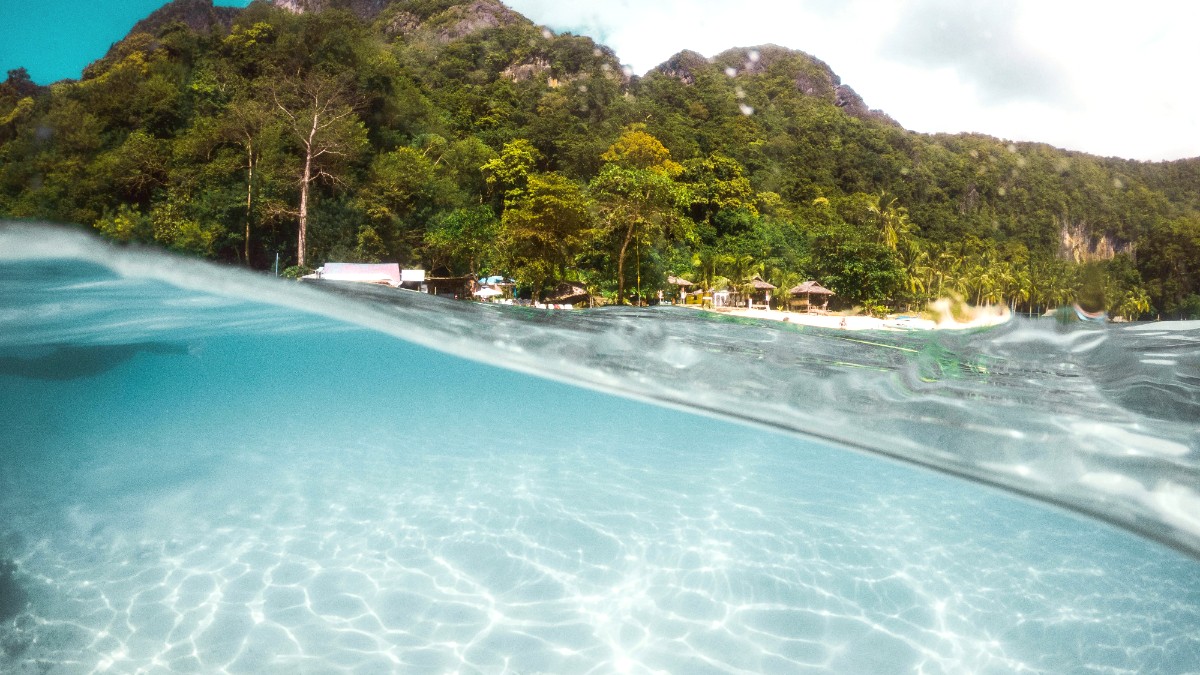
Indonesia
Climate Patterns Throughout the Year:
Choose your travel dates based on your priorities. For guaranteed sunshine and calm seas, the dry season. If you prefer fewer crowds and better value, the shoulder season offers a good balance. For budget travelers seeking ultimate tranquility, the low season provides an unique, quiet experience.
Ideal Timing for Specific Activities or Experiences:
July, August, & Dec/New Year
Consistently sunny weather, calm seas, ideal for water activities.
Accommodation prices peak, more visitors, fast boat tickets sell out quickly.
April, May, June, Sept, Oct
Generally good weather, fewer crowds, better value on prices.
Occasional rain showers (especially Oct), choppier sea conditions.
Nov to March (excl. Holidays)
Lowest prices for accommodation and activities, very quiet island.
Higher chance of rain, some businesses may close, choppier seas.
Citizens of specific countries (mainly ASEAN nations) enter Indonesia visa-free for tourism (up to 30 days, not extendable). Many countries qualify for a Visa-on-Arrival (VoA), for up to 30 days, extendable once for another 30 days (total 60 days). Purchase the VoA upon arrival at major international airports or seaports, or apply for an e-VoA online before your trip. The fee is approximately IDR 500,000 (around USD 35). For stays longer than 60 days, an e-Visa may be necessary, applied online through the official Indonesian immigration website.
A passport valid for at least six months beyond your intended entry date into Indonesia. Proof of onward travel, like a confirmed flight ticket out of Indonesia. Keep a printout or digital copy accessible. While rarely checked for tourists, immigration officers may request proof of sufficient funds to cover your stay.
Free entry for up to 30 days for specified nationalities (not extendable).
Up to 30 days (extendable to 60). Fee approx. IDR 500,000. Available at major entry points or e-VoA online. IVisa or VisaHQ offer application services.
Passport must be valid for at least six months beyond entry date. This is a strict rule.
Proof of onward travel (flight ticket out of Indonesia) is often necessary.
Present passport and visa (if needed), complete customs declaration.
Gili Meno offers options for various budgets, from frugal to luxurious.
The official currency is the Indonesian Rupiah (IDR).
Tipping is not a traditional practice in Indonesia, especially at local warungs or small shops. Upscale restaurants often add service charges (5-10%) and tax (10%).
This table shows general price ranges; actual costs vary based on personal choices and season.
| Category | Item | Price Range (IDR) |
|---|---|---|
| Accommodation (per night) | Budget Guesthouse/Bungalow | 150,000 - 350,000 |
| Mid-range Resort/Bungalow | 350,000 - 800,000 | |
| High-end Resort/Villa | 800,000 - 2,000,000+ | |
| Meals | Local Warung meal | 30,000 - 70,000 |
| Mid-range restaurant meal | 70,000 - 150,000 | |
| Seafood BBQ (per person) | 100,000 - 250,000 | |
| Transportation | Fast boat from Bali (one-way) | 300,000 - 600,000 |
| Public boat from Lombok (one-way) | 25,000 - 35,000 | |
| Cidomo (horse cart) on Gili Meno (per trip) | 100,000 - 150,000 | |
| Activities | Snorkel tour (shared, 3 Gilis) | 100,000 - 150,000 |
| Discover Scuba Diving | 800,000 - 1,200,000 |
Your well-being is important when traveling. Gili Meno is generally a safe destination, but understanding common health concerns and safety practices aids preparation.
No specific vaccinations are required for entry into Indonesia for most nationalities.
Consult a travel health clinic or your doctor for personalized advice. Common recommendations include Hepatitis A/B, Typhoid, Tdap, Rabies (if high-risk), Japanese Encephalitis (if extended rural stay).
Visit your healthcare provider several weeks before your trip.
Traveler's Diarrhea ("Bali Belly")
Caused by contaminated food or water. Drink only Bottled water or water from reliable refill stations. Avoid ice unless the source is known. Eat only well-cooked food. Wash hands frequently, especially before eating.
Dengue Fever: A mosquito-borne illness. Use Mosquito repellent containing DEET or picaridin, especially at dawn and dusk. Wear long sleeves and pants in the evenings. Sleep under mosquito nets if your accommodation lacks air conditioning or screens.
Sunburn/Heatstroke: Use high-SPF (30-50+) Reef-safe sunscreen. Wear a Wide-brimmed hat and Sunglasses. Stay hydrated. Seek shade during peak sun hours. Cuts/Scrapes from Coral: Treat any cuts promptly with antiseptic. Wear Reef shoes.
Gili Meno has a basic health clinic for minor issues.
For serious medical emergencies, transfer to Lombok (Mataram or Senggigi) or Bali (Denpasar) is necessary. Clinics on Gili Trawangan are slightly better equipped.
Hospitals in Mataram (Lombok) or Denpasar (Bali) offer more comprehensive medical care. Travel insurance helps cover costs.
Gili Meno has a very low crime rate. It is known for its peaceful and safe environment. Petty theft can occur. Use common sense precautions: secure valuables, do not leave items unattended, use hotel safes.
Travel insurance is strongly recommended for any trip to Gili Meno. Secure a policy that includes the following:
Includes emergency evacuation to larger hospitals (e.g., in Bali, Singapore). Medical expenses, including diving-related incidents if you plan to dive. World Nomads, SafetyWing, and Insubuy are options.
Coverage for trip cancellation or interruption due to unforeseen circumstances. Look for policies that address delays or disruptions due to weather or natural events common to the region.
Protection against lost luggage or valuables. This includes coverage for theft or damage to personal items during transit or on the island. AirHelp assists with flight compensation.